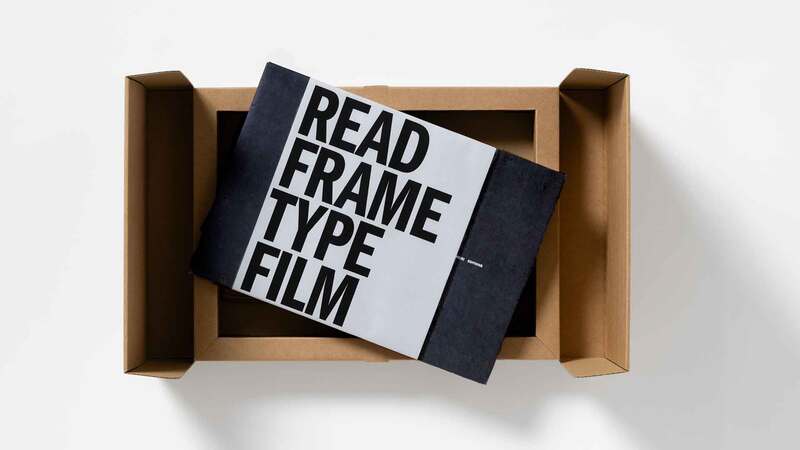You are viewing your 1 free article this month. Login to read more articles.
Justine Picardie: Ghosts of the past
Justine Picardie, whose début novel Wish I May is to be published on 16th January 2004, is already known to many readers for her journalism and non-fiction.
As an editor of the Observer's Life magazine during the 1990s, she commissioned and edited a high-profile series of articles by her younger sister Ruth about the experience of living with terminal breast cancer. Several years after Ruth died, Picardie wrote If the Spirit Moves You (Picador, £7.99, 0330487868), a memoir of the 12 months that followed her sister's death. The book, which found a wide readership in paperback, detailed her attempts to make contact with Ruth through psychics and mediums.
Wish I May (Picador, £15.99, 412213), again edited by Imogen Taylor, centres on single mother Kate, who lives with her young son in Crouch End, north London. The novel explores the themes of love, loss and grief that were central to If the Spirit Moves You: it covers a year during which Kate struggles to come to terms with the death of her mother in a car accident and to cope with a divorce.
The step from non-fiction to fiction has been "liberating", Picardie says. "It was easier and more freeing to say things I feel deeply myself," she explains. "There are truths you can tell in fiction more clearly than memoir."
Wish I May explores delicate emotional shifts as Kate gradually comes to accept the changes to her life and relationships; her small changes in mood are often triggered by the ordinary events of everyday life. "Small truths are the ones that seem most important to me," Picardie says. "I felt that so profoundly during Ruth's illness. Ordinary life can make you very happy. Now, on a dreary Monday morning, suddenly out of nowhere I feel a moment of absolute joy. It sounds so soppy and hippy-like--you either feel it or you don't, but I do."
Kate is haunted by her mother's ghost, with whom she holds an ongoing internal dialogue. Throughout the book, she seeks, ultimately unsuccessfully, to find meaning in her loss. Picardie plays out her own ambivalence about life after death in Kate, who oscillates between open-mindedness and doubt.
"After If the Spirit Moves You, journalists often asked 'Why didn't you come down more strongly against the psychics? They are so obviously fraudulent.' But I have become much less judgemental. I believe that you shouldn't write people off. They are trying to make sense of their grief."
In writing, she aims to be "absolutely scrupulous about the truth" in her observations about emotional life. An upbringing with psychology has played its part--her mother is a practising psychotherapist while her father was schizophrenic. But it was not until she began to research If the Spirit Moves You that Picardie discovered Freud. "I rebelled against Freud when I was young," she says. "But reading Freud is like reading Tolstoy or George Eliot. He will draw conclusions about apparently small fragments, like the way a button is done up or not. It's the kind of observation you would find in a great 19th-century novel."
Freud's writing on psychics and mediums has also influenced Picardie's approach to the subject. "Different people find different ways of exploring their relationship with the dead. A good therapist could act as a bridge to negotiating the relationship between the living and the dead."
Picardie draws strongly on her own emotional life in her writing, but she is strict when it comes to using writing as a form of therapy. "There's nothing wrong with writing as therapy, but that shouldn't be for publishing. I wouldn't dream of publishing that stuff," she says. Experience must be "processed" by whatever means--thinking, talking or writing--before it is written for publication. "The experience of the past 10 years and everything that I learned in my 30s is distilled into my writing."
Her understanding of psychology has been useful as a journalist too, she says. "A good journalist will be able to hear a person's story and remain silent in the right places and ask the right questions." Journalism will continue to be an important plank in her career--she remains a contributing editor to British Vogue. But right now, she is working on her as-yet-untitled second work of fiction, to be published by Picador in March 2005. An anthology of short stories called Truth or Dare (432001), edited by Picardie, will be published, also by Picador, in October 2004.
Liz Bury
* Publicity includes author features for Vogue, Red, Telegraph Arts&Books, You magazine and Daily Mail (Femail). Events to include Voicebox at London's Royal Festival Hall (20th Jan) and Cambridge WordFest (3rd April).







